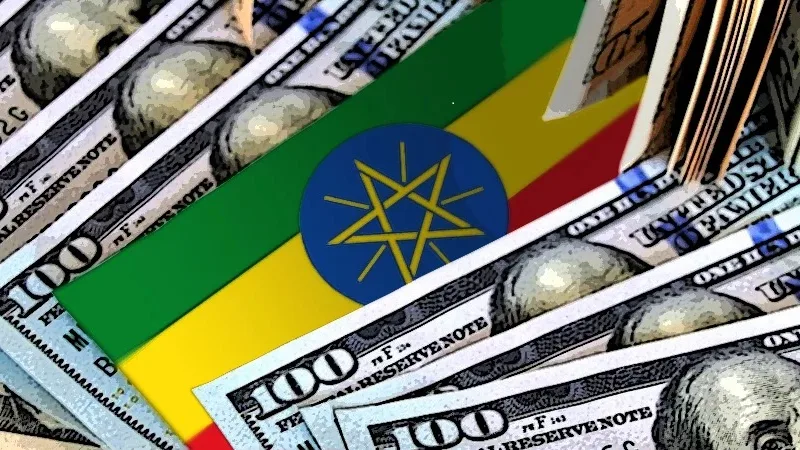The federal government has prepared an additional budget of 550 billion birr.
Two months ago, the federal government approved an annual budget of 970 billion birr and has now announced an additional budget of half a trillion birr.
State Minister of Finance, Dr. Eyob Tekalign, stated that the federal government will present an additional budget of 551 billion birr to the House of Representatives.
Out of this, 240 billion birr is allocated for social support, food security, employee salary increases, medicine subsidies, fuel subsidies, and other basic commodities.
In total, Ethiopia’s federal government’s 2024/25 annual budget exceeds 1.5 trillion birr, or $18.7 billion, making it the highest in the country’s history.
The budget adjustment follows financial support from the World Bank and the International Monetary Fund (IMF) in the form of loans and grants.
According to agreements with these international financial institutions, the purchasing power of the Ethiopian birr has weakened against foreign currencies.
It is recalled that Ethiopia will receive $16.6 billion in loans and assistance from the World Bank over the next three years. The World Bank announced that this financial aid and loans will support the economic reforms being undertaken by Ethiopia.
The bank specified that $1 billion of the recently approved funds is direct support, while $500 million is an extended loan. Additionally, the World Bank has announced several support frameworks to bolster Ethiopia’s indigenous economic reforms.
This includes $1 billion in direct aid, $500 million for debt payment extension, and $320 million to support Ethiopia through international investment cooperation.
Moreover, $1.15 billion will be provided to the Multilateral Investment Guarantee Agency (MIGA) and $6 billion will be allocated for budget subsidies over the next three years.
An additional $2.1 billion will be added to international financial cooperation for investment, bringing the total support to Ethiopia to $16.6 billion over three years, in addition to the $7 billion it currently receives.
To increase foreign trade, Ethiopia has devalued the birr by 100 percent, with one US dollar now being exchanged for 100 birr or more.
Ethiopia’s economy faces multiple challenges, including the aftermath of the war, the COVID-19 pandemic, climate change, rising living costs, and international pressures.
In the 2023/24 fiscal year, Ethiopia aimed to earn $4.8 billion from exports but fell short by $1 billion.
According to the Ministry of Trade and Regional Integration, the country earned $3.8 billion from exports, missing the target by $1 billion.
However, this income represents a 4.6 percent increase, or $166 million, over the $3.64 billion earned in the previous fiscal year.
The agricultural sector contributed the largest share of this income, accounting for 76 percent, followed by the manufacturing, electricity, and other sectors.
Over the past 12 months, Ethiopia imported more than 3 million metric tons of fuel for local consumption.
During the same period, the country also attracted approximately $4 billion in foreign direct investment (FDI).
